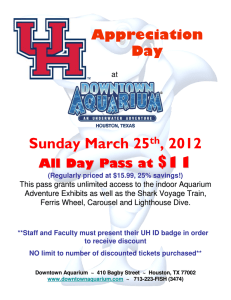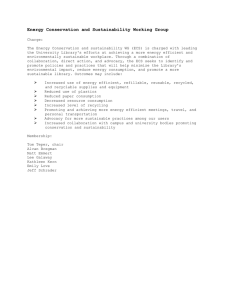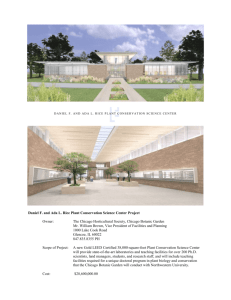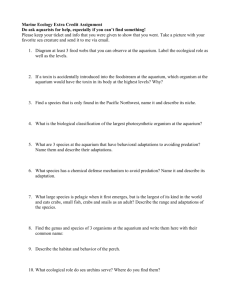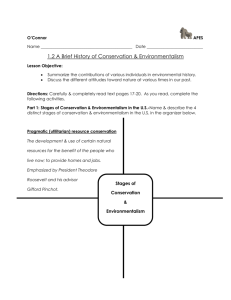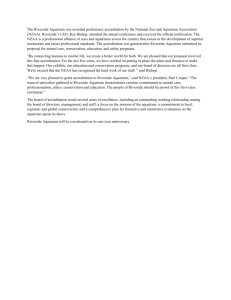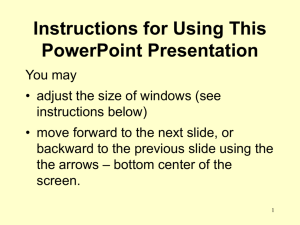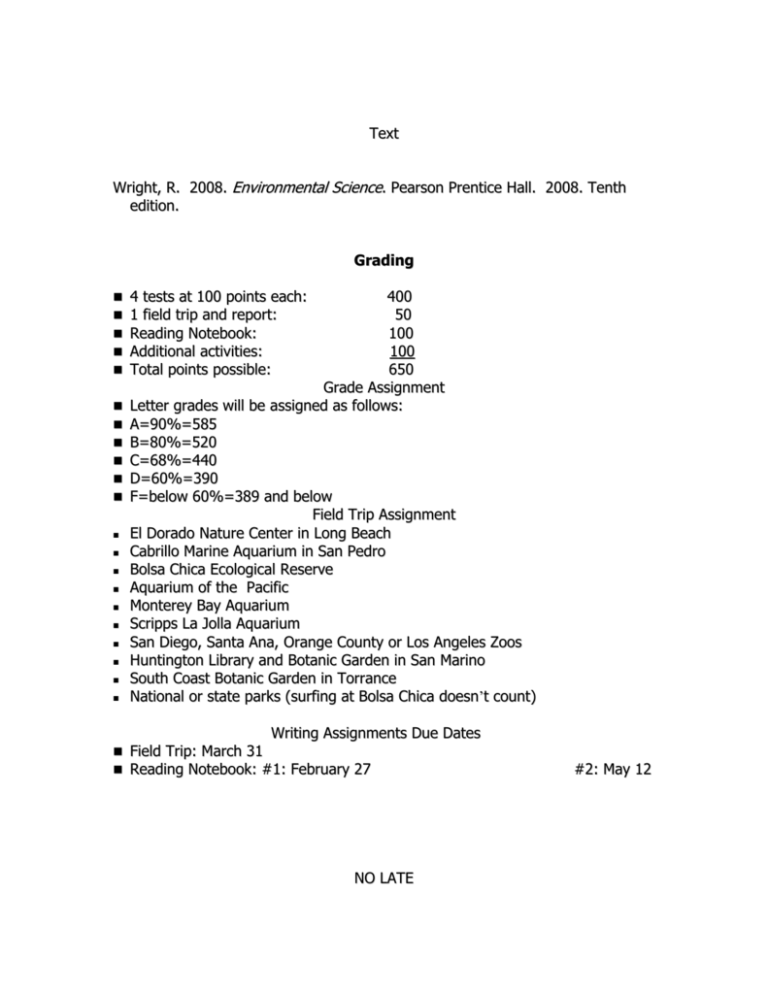
Text
Wright, R. 2008. Environmental Science. Pearson Prentice Hall. 2008. Tenth
edition.
Grading
4 tests at 100 points each:
1 field trip and report:
Reading Notebook:
Additional activities:
Total points possible:
400
50
100
100
650
Grade Assignment
Letter grades will be assigned as follows:
A=90%=585
B=80%=520
C=68%=440
D=60%=390
F=below 60%=389 and below
Field Trip Assignment
El Dorado Nature Center in Long Beach
Cabrillo Marine Aquarium in San Pedro
Bolsa Chica Ecological Reserve
Aquarium of the Pacific
Monterey Bay Aquarium
Scripps La Jolla Aquarium
San Diego, Santa Ana, Orange County or Los Angeles Zoos
Huntington Library and Botanic Garden in San Marino
South Coast Botanic Garden in Torrance
National or state parks (surfing at Bolsa Chica doesn’t count)
Writing Assignments Due Dates
Field Trip: March 31
Reading Notebook: #1: February 27
NO LATE
#2: May 12
Test 1:
Test 2:
Test 3:
Test 4:
February 13
March 17
April 21
May 28
ASSIGNMENTS
Test Schedule
Make – up Policy
If you are going to miss a test, you must notify me by e-mail before the test
occurs.
All make-up tests will be taken on the day of the final, unless otherwise
arranged.
How to do well
Come to class
Come to class prepared
Listen and take notes
Study as if you are taking a science course
You are taking a science course
Read text at least 3 times
Use website for text
End of chapter quiz
Talk to instructor if confused
So Why Am I Here?
Need to take class
Couldn’t get anything else
Boy/girl friend is taking it
Need it for my parent’s insurance
Actually interested in subject matter
Environmental Problems
Local
National
Global
Causes
Big theme underlying everything: sustainability
Environmental Science
Environment—surroundings
Environmental Science—scientific study of our surroundings and our place in it
Life and physical sciences
Social sciences
Engineering disciplines
Cultural aspects impact implementation
Conservation
Historic evidence of man’s impact—Greece, Britain, Easter Islands, Mauritius
European occupiers of tropic colonies—plants influenced rainfall-> nature
preserves
Pragmatic Resource Conservation
George Perkins Marsh: Man in Nature
Theodore Roosevelt: conservation, corporations, consumers
Gifford Pinchot: First Agriculture scty, multiple use
Biocentric Conservation
Nature exists for its own sake
Human usefulness is not a major concern
John Muir
Stephen Mather: National Park Service
Edward Abbey
Modern Environmentalism
Environmental Resources
Pollution Effects
Human population growth
Energy use
Global Environmentalism
Large view, no longer restricted to a particular country or continent
Not an easy sell
Greenhouse gases—perfect example
Rich vs poor
Developed vs lesser developed vs undeveloped
Environmental Ethics
Morals—right and wrong
Values—worth of things or actions
--inherent values
--conferred values: instrumental values
Rights
Values
Do nonhumans and things have inherent value?
How do we decide?
Environmental Justice
Is everyone entitled to a safe, healthy environment?
Environmental racism
Toxic dumping
Factory sighting—low wages and no environmental responsibilities
LULU (locally unwanted land use)—LNG gas terminal in POLB
NIMBY—sighting dump for nuke waste
Sustainability
Continued progress in human well-being without further environmental
degradation
Key concept: multigenerational—over many generations
Man’s ingenuity—allowed us to dodge many bullets
Sustainability
Are we defining the problems correctly?
When do we have enough information
Exactly where are we—are we at a tipping point?
Do we have the discipline to do what’s required?
What do we, as a society, spend our money on?
First activity: due January 16
5 points
Definition of all three and a citation for one of the following:
Tipping point
Infrastructure
Sustainability

